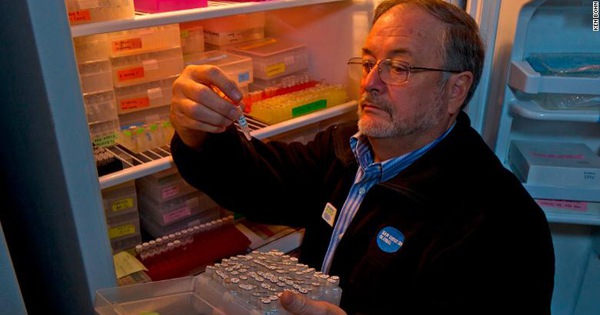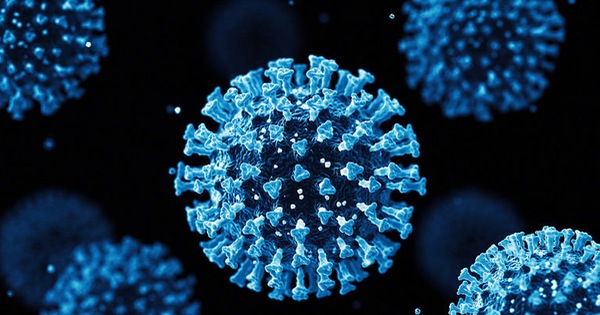China develops a fully robotic pig cloning process

Cloning by robot has a higher success rate than manual cloning – Photo: SHUTTERSTOCK
This technology could help China’s agricultural industry as well as help the world’s largest pork consumer reduce its dependence on imported breeding pigs, according to the report. South China Morning Post June 2nd.
In March 2022, a surrogate mother gave birth to 7 cloned piglets at the College of Artificial Intelligence of Nankai University, Tianjin City.
“Every step in the cloning process is automatic and there is no human activity,” said member Liu Yaowei, of the team that developed the automated cloning system. Scientist Liu added that the use of robots also increases the success rate of the cloning process because they are less likely to damage cells while performing this complex process.
If working, the automated system could be developed into a cloning kit that any company or research institute can buy to free scientists from cloning, said Pan Dengke. Manually takes a lot of time and effort.
Mr. Pan is a former researcher at the Chinese Academy of Agricultural Sciences, and helped create China’s first cloned pig in 2005. Mr. Pan said the cloning process was time-consuming and complicated. complex.
In 2017, a team of scientists from Nankai University produced the world’s first robot cloned pigs. However, some stages in this process still need human hands.
Since then, the team has worked to improve the control algorithm and can now operate the cloning process fully automatically. In addition, over the past five years, the team has improved the success rate of developing cloned embryos from 21% to 27.5%, in contrast to a human-made success rate of 10%.
at Blogtuan.info – Source: tuoitre.vn – Read the original article here



